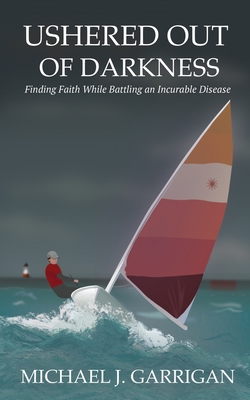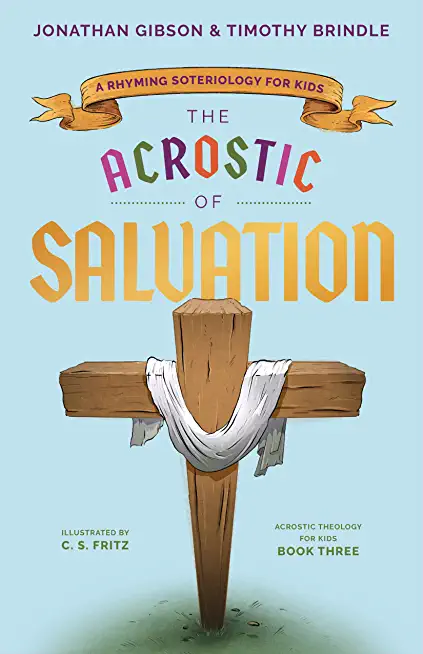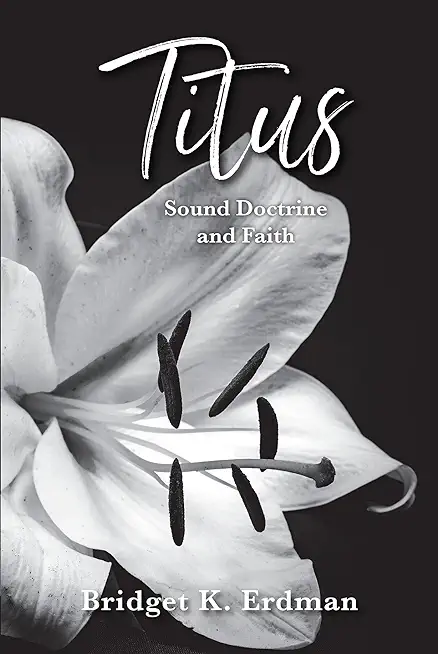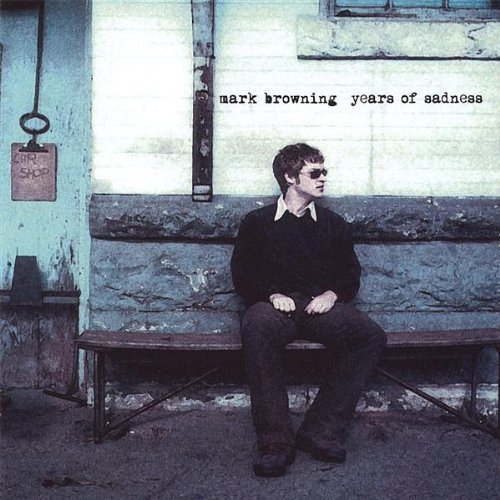
Beginning to end, Green's figural--indeed, mystical--Christology lays itself open to the mysterious and transformative power of imaginative exegesis, seeking both to honor Israel's unique, ongoing vocation as the people of God and to honor the church's faith in and witness to Jesus, striving not to impose a dead image of him onto the ancient texts but to recognize his living likeness in their Spirit-inspired movements.
Green believes such interpretation is necessary and necessarily difficult, requiring us to read both with and against the grain of our convictions and commitments, expecting and allowing the biblical texts to teach us what we did not know we needed to learn differently. This is so, he argues, because a biblical Christology, if it is to be true to its purposes, must be capable of surprising us as the living word of the living Christ--confronting us in judgment, decentering us in praise, and sweeping us up into the covenant-making work of the Spirit for the sake of the nations.







